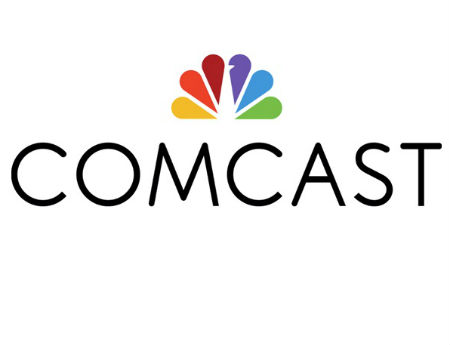Comcast Slams Netflix’s Opposition to TWC Deal
The smarter way to stay on top of the multichannel video marketplace. Sign up below.
You are now subscribed
Your newsletter sign-up was successful

Comcast reacted swiftly after Netflix formally opposed the MSO’s proposed acquisition of Time Warner Cable on Monday, arguing that Netflix’s position on the matter is about the “shifting costs” of its business models and not about protecting consumers or network neutrality.
“Netflix's opposition to our Time Warner Cable transaction is based on inaccurate claims and arguments,” Jennifer Khoury, Comcast’s SVP of corporate and digital communications, said in a statement. “There has been no company that has had a stronger commitment to openness of the Internet than Comcast and we are the only ISP in the country that is currently legally bound by the FCC’s vacated net neutrality rules. In fact, one of the many benefits of our proposed transaction with Time Warner Cable will be the extension of Net Neutrality protections to millions of additional Americans.”
Those comments came soon after Netflix announced its opposition to the deal in its first quarter letter to shareholders from CEO Reed Hastings and CFO David Wells. “As DSL fades in favor of cable Internet, Comcast could control high-speed broadband to the majority of American homes,” they wrote. “Comcast is already dominant enough to be able to capture unprecedented fees from transit providers and services such as Netflix. The combined company would possess even more anticompetitive leverage to charge arbitrary interconnection tolls for access to their customers. For this reason, Netflix opposes this merger.”
“Netflix is free to express its opinions. But they should be factually based,” Khoury wrote in response. “And Netflix should be transparent that its opinion is not about protecting the consumer or about net neutrality. Rather, it’s about improving Netflix’s business model by shifting costs that it has always borne to all users of the Internet and not just to Netflix customers.”
Last month, Hastings called for “strong” network neutrality rules that encompass paid peering agreements, arguing that some big ISPs are “extracting a toll because they can.”
“Strong net neutrality additionally prevents ISPs from charging a toll for interconnection to services like Netflix, YouTube, or Skype, or intermediaries such as Cogent, Akamai or Level 3, to deliver the services and data requested by ISP residential subscribers. Instead, they must provide sufficient access to their network without charge,” Hastings wrote.
Netflix’s opposition comes about two months after Netflix and Comcast announced a paid interconnection deal. Netflix’s preference is to have ISPs join Open Connect, its private content delivery network that relies on Netflix-supplied edge caches.
The smarter way to stay on top of the multichannel video marketplace. Sign up below.
Reiterating Comcast’s earlier stance on that matter, Khoury said: “Internet interconnection has nothing to do with net neutrality; it’s all about Netflix wanting to unfairly shift its costs from its customers to all Internet customers, regardless of whether they subscribe to Netflix or not.”
AT&T policy exec Jim Cicconi posed a similar argument last month in a blog post, claiming that Hastings and Netflix are seeking a “free lunch” and believe that its rising costs of doing business should be “borne by all broadband subscribers – not just those who sign up for and use Netflix service.”
Khoury said Comcast’s interconnection deal with Netflix is “very similar” to agreements companies such as Akamai, Yahoo, Limelight and Google have with Comcast, Verizon, Level 3 Communications and Sprint, adding that it was Netflix that approached Comcast about a direct connection.
“There was and is no need for Netflix or any other Internet content provider to work directly with us or any other specific ISP,” Khoury said.
